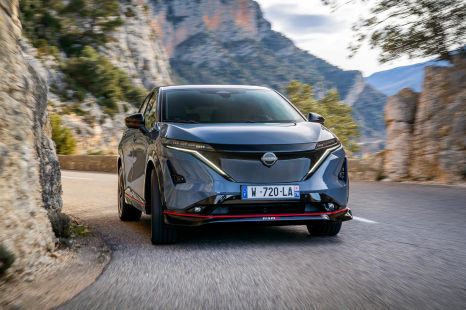

Shane O'Donoghue
2025 Nissan Ariya Nismo review: Quick drive
6 Days Ago

Managing Editor
The upcoming Smart #5 will be offered not only with electric power but also a plug-in hybrid powertrain, making the Chinese-German carmaker the latest Geely brand to abandon its plans to sell only electric vehicles.
The mid-sized Smart #5 made its world debut in Australia last August, packing an electric powertrain like the smaller #1 and #3.
Autocar reports the subsequent confirmation of a plug-in hybrid (PHEV) powertrain option comes in response to increasing concerns around EV sales in some markets, and fast-growing sales of hybrid and plug-in hybrid vehicles in China, Smart’s largest market.
Hundreds of new car deals are available through CarExpert right now. Get the experts on your side and score a great deal. Browse now.
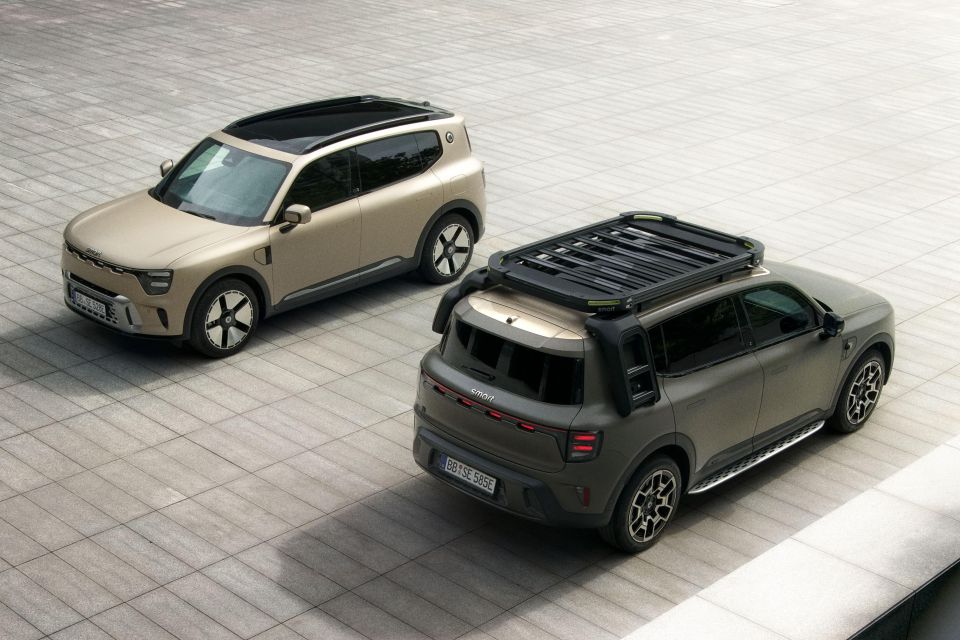
The Smart #5 EV will go on sale in European markets including the UK in mid-2025, and the Smart #5 PHEV is expected to follow them into showrooms there in 2026.
Due on sale here by the end of this year, the Tesla Model Y-rivalling Smart #5 is the brand’s biggest and most powerful model ever.
It was revealed with a dual-motor powertrain with 310kW of power, coupled with a 100kWh lithium-ion battery offering 740km of driving range (WLTP).
Smart says it can be DC fast-charged from 10-80 per cent in 15 minutes thanks to its 800-volt electrical architecture.
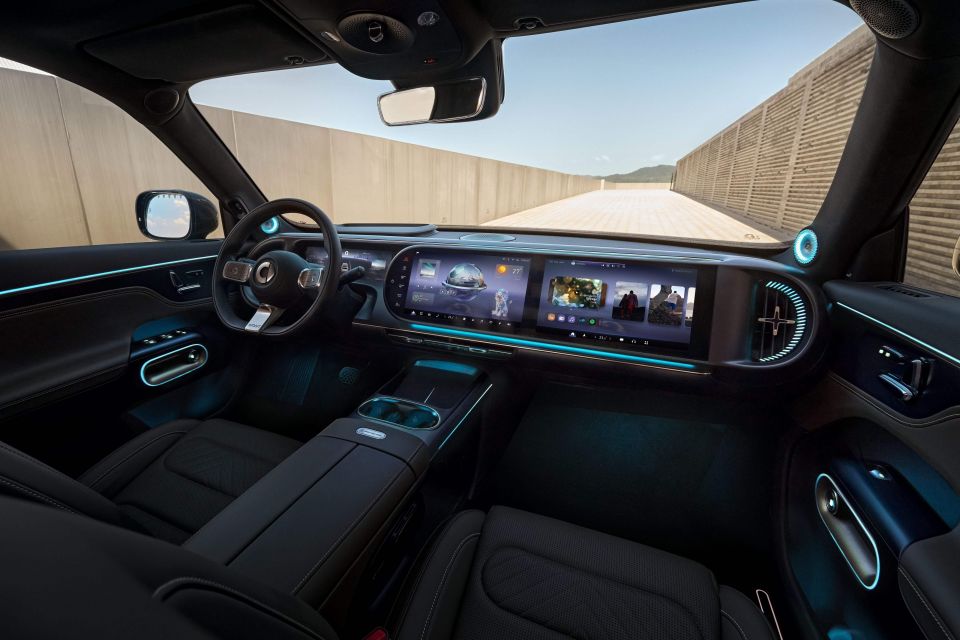
The single-motor version of the Smart #5 gets a 400V system, a 250kW motor and a 76kWh lithium iron phosphate (LFP) battery offering 570km of WLTP range.
In a move that appears likely to be replicated by the new Porsche Macan Electric, the availability of a PHEV option in the Smart #5 marks a significant backflip on the Mercedes-Benz and Geely-owned company’s previous commitment to sell only battery-electric new-generation Smart models.
Smart was founded in 1994 as a joint venture between Swiss watch company Swatch and Mercedes-Benz, and in 2019 it was reinvented as an EV brand as part of a joint venture between Mercedes-Benz and the Geely Group.
Geely’s founder and chairman Li Shufu already has a majority stake in Smart and his company also owns Volvo, Polestar, Lotus and Zeekr, all of which also sell EVs in Australia.
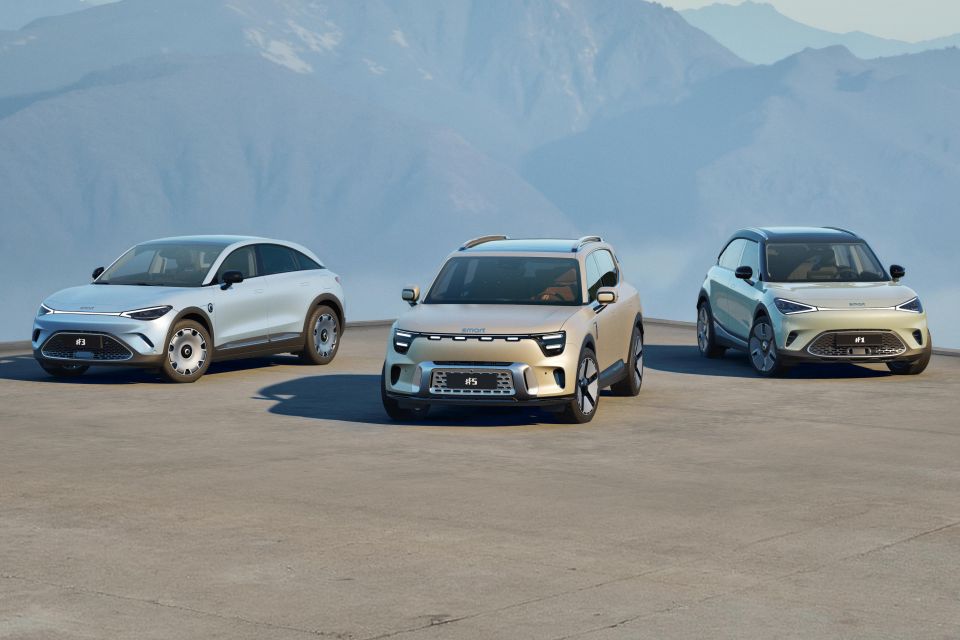
Best known for its diminutive ForTwo city car, Smart exited the Australian market in 2015. But in late 2024 it returned with two small electric SUVs – the pint-sized #1 and the sleeker #3, both available in three electric-only variants including a hot Brabus version.
Smart vehicles are being imported and distributed here by Australia’s largest Mercedes-Benz retailer, LSH Auto, and sold via its dealerships in Sydney, Melbourne and Brisbane, with other outlets to follow.
“We see individual mobility powered by combustion engines and, in particular, with hybrid drives as a transitional technology towards purely electric driving,” Smart’s European operations spokesperson told Autocar.
This followed confirmation of the Smart #5 PHEV by Chinese-based Smart officials, after photos of test mules were posted on social media.
“It is important to respond to the increasingly diverse demands and desires of the customers. Smart cannot exclude any technological solution for the future at the current point of time,” the spokesperson added.
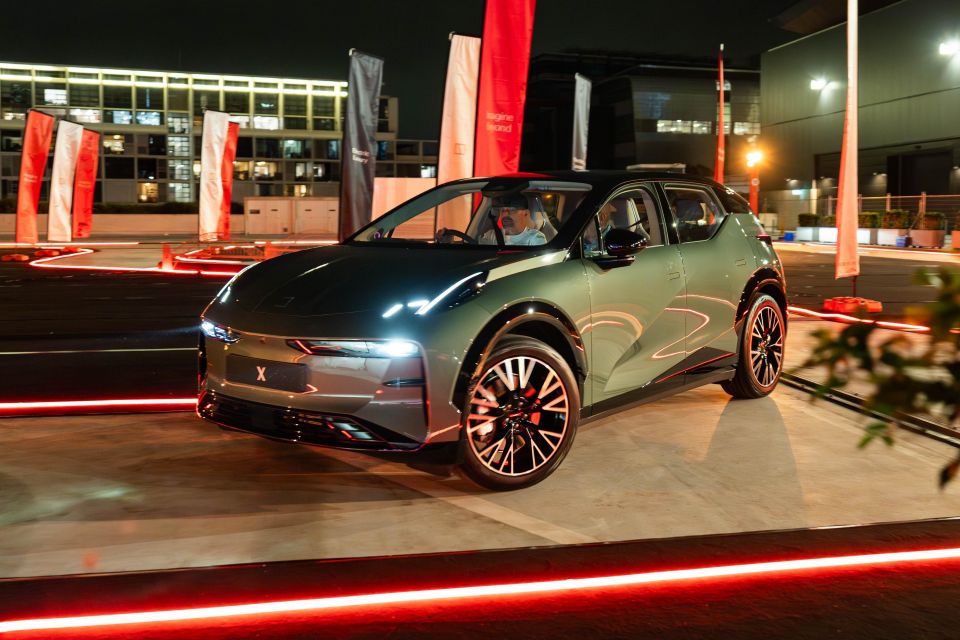
It’s not known which PHEV system will power the Smart #5, but it could be the Thor powertrain already seen in newly released Geely models including the Galaxy 7 EM-i.
In the Galaxy 7, Geely’s PHEV system combines an 82kW turbocharged 1.5-litre four-cylinder petrol engine and electronic dual-hybrid transmission (E-DHT) with a 160kW electric motor and either an 8.5kWh or 19.1kWh lithium-iron-phosphate battery providing 55km and 120km of electric range respectively.
Smart’s decision to abandon its EV-only plan follows similar moves by fellow Geely brands Lotus and Zeekr.
Zeekr has confirmed plans to launch three PHEV models in 2025, including a new flagship SUV, walking away from its original strategy of selling only EVs.
Lotus CEO Feng Qingfeng said at the Guangzhou motor show last November that the British-based brand would introduce new ‘Super Hybrid’ technology in several unspecified models, perhaps including the large Eletre electric SUV, the Emeya sedan and the new mid-sized electric SUV due to be released this year.
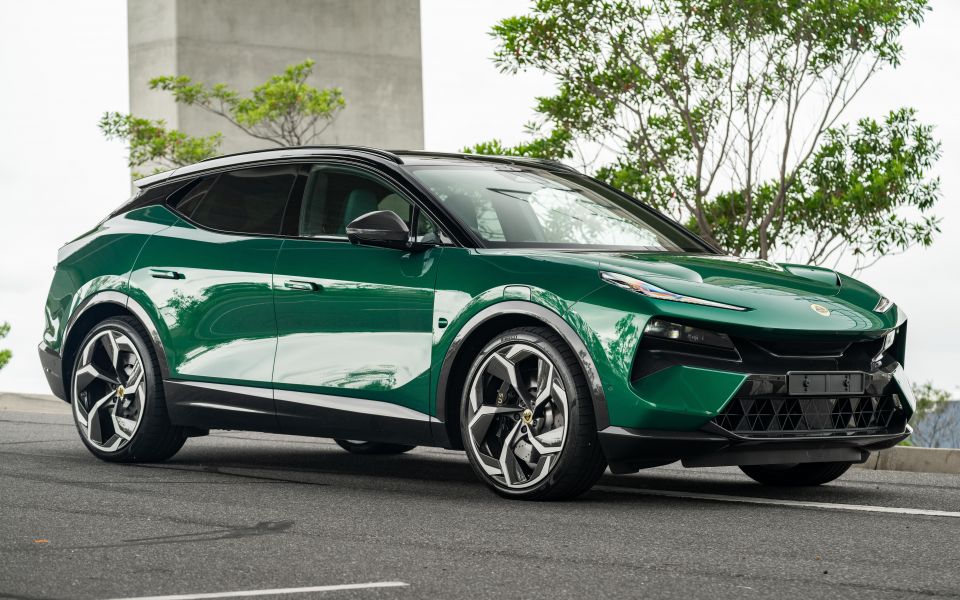
“At Lotus, we have always chosen the best power technology available, whether it’s pure gasoline, pure electric, hybrid or range-extended [EV],” he told The Wall Street Journal in an interview.
The Super Hybrid system combines turbocharged combustion engines with electric motors and ultra-fast charging to offer driving ranges of up to 1095km, but Mr Qingfeng’s reference to range-extended electric (EREV) powertrain technology, in which the internal combustion engine acts purely as a generator to power the battery, could bring even greater distances between refuelling.
Smart is yet to confirm the availability of a combustion engine in its Australian #5 lineup, but the all-new mid-sized SUV will be offered here in both entry-level Pro+ and range-topping Summit equipment grades, both offering selectable off-road driving modes.
Measuring in at 4705mm long, the boxy Smart #5 is longer than the top-selling Toyota RAV4 and both its #1 and #3 siblings, and is claimed to offer class-leading rear passenger space and cargo capacity of up to 1530 litres.
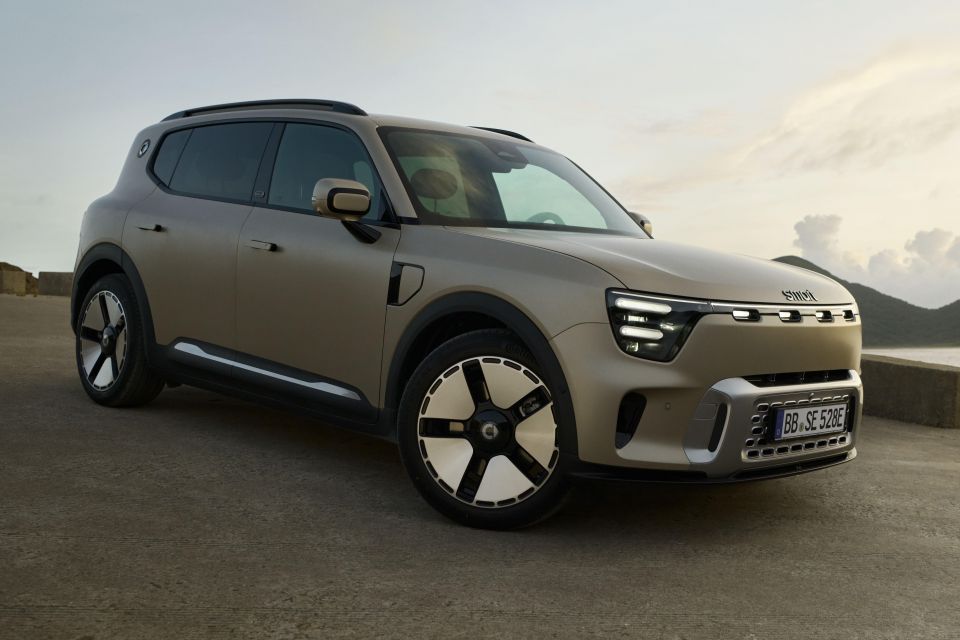
Other interior highlights will include dual 13.0-inch AMOLED screens stretching across the dashboard, augmented reality navigation incorporated into a 25.6-inch head-up display, and flat-folding seating that can be configured into a king-size, queen-size or single sleeping space.
Campsite movies will also be possible thanks to a projector built into the front grille of the car, paired with a 20-speaker sound system and a portable speaker that can be used outside the vehicle.
In addition to standard features including ‘zero-gravity’ leather-trimmed front seats, heated and reclining rear seats, an electric sunshield and aeroplane-style LED reading lights, more rugged Summit variants will gain a roof-mounted light bar, electric trailer hitch, and an ‘Adventurers’ Collection’ option package comprising underbody protection, side steps and a roof carrier, side bag and side ladder.
Given the smaller Smart #1 and #3 electric SUVs are priced between $54,900-$67,900 and $57,900-$70,900 before on-road costs respectively, the larger Smart #5 EV won’t come cheap.
However, if it’s sold here, the PHEV version could be more affordable.
Where expert car reviews meet expert car buying – CarExpert gives you trusted advice, personalised service and real savings on your next new car.


Shane O'Donoghue
6 Days Ago
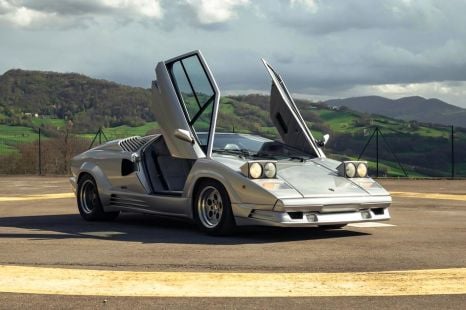

Anthony Crawford
5 Days Ago


Matt Campbell
4 Days Ago


James Wong
3 Days Ago


Max Davies
2 Days Ago
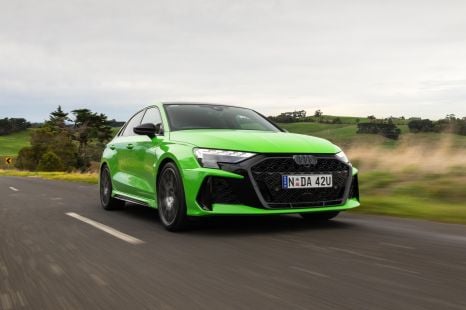

Josh Nevett
14 Hours Ago